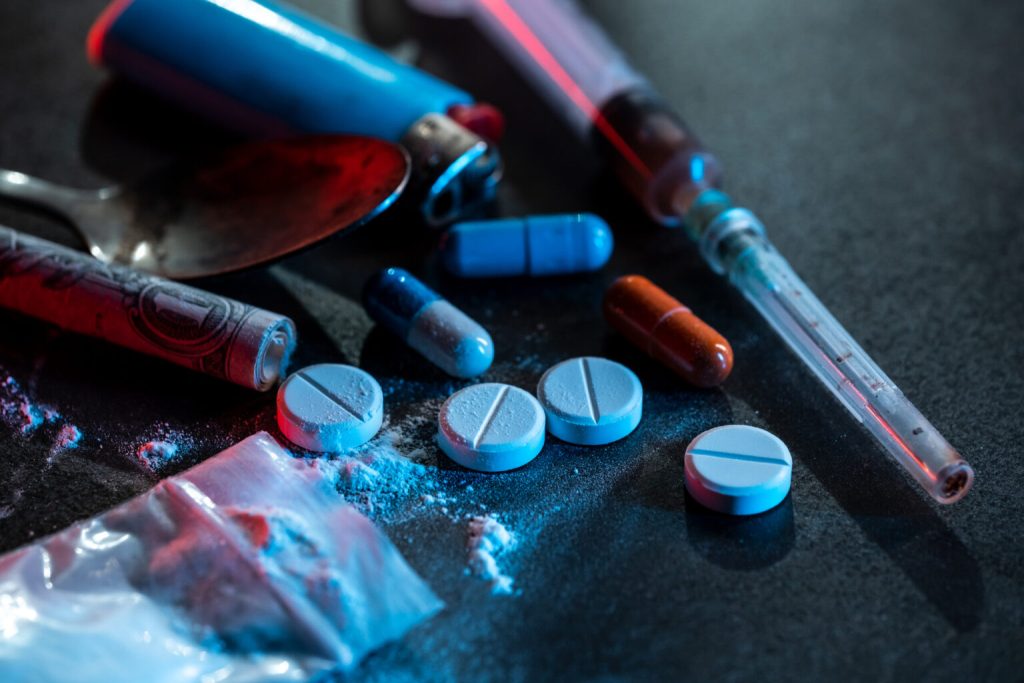
Assessing the Effectiveness of Physical Activity Interventions in the Treatment of Substance Use Disorders
01/2024
Abstract
This paper examines the effectiveness of exercise in treating substance use disorders. With the increasing number of drug addicts and limitations of existing treatments, exercise emerges as a potential solution. In the early stage of drug use (bingeing), exercise activates the same reward pathway as drugs by increasing dopamine concentrations and binding receptors, reducing initial vulnerability. During chronic use, it protects glutamatergic receptors and restores brain plasticity. In the withdrawal stage, it mitigates symptoms like anxiety and depression. Exercise is cost-effective and applicable in all addiction phases. However, more research is needed to optimize exercise types, intensities, and frequencies for a more effective treatment system.